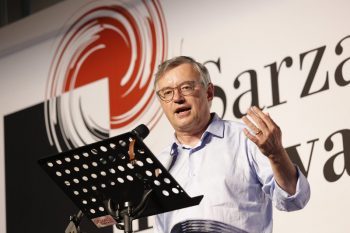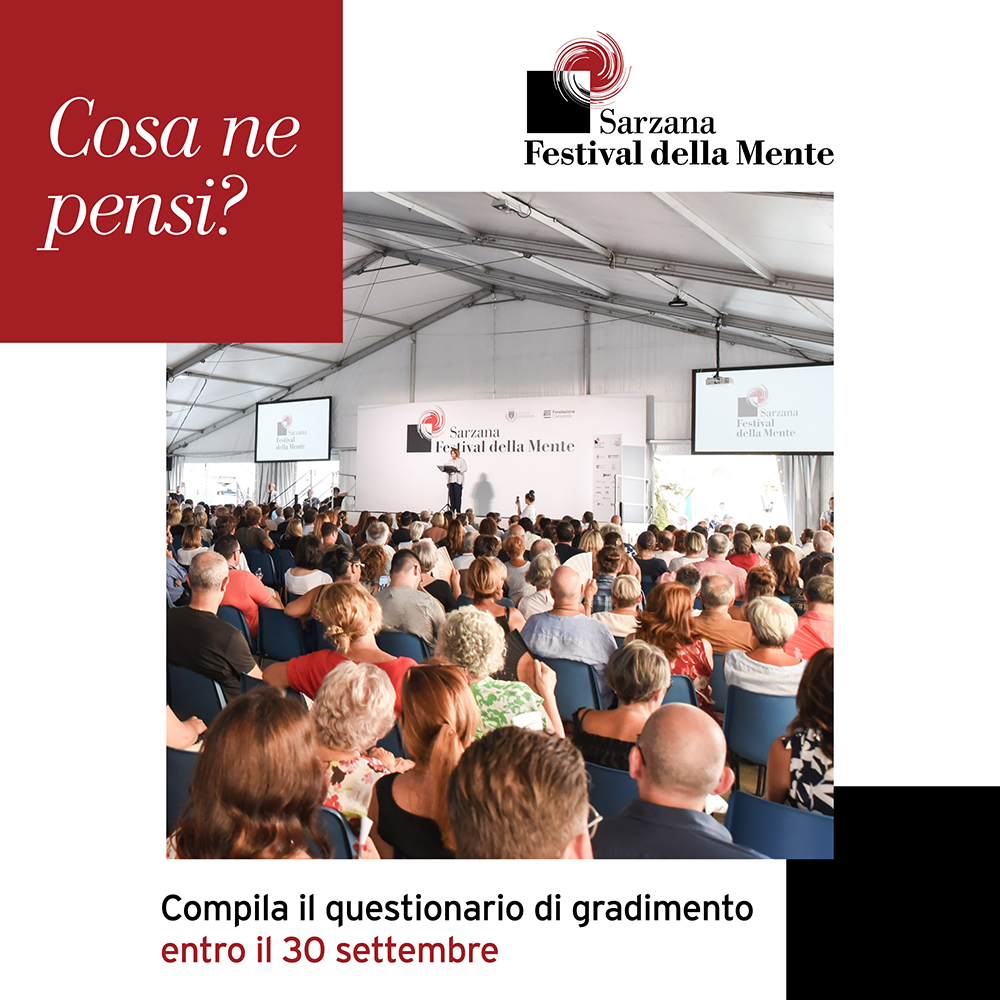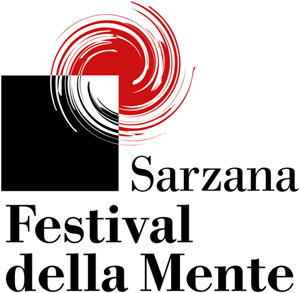2012 Programme
Event #7
Alessandro Barbero
How did women think in the Middle Ages? St. Catherine of Siena
For centuries, women did not have a public voice, unless they were queens. In the Middle Ages, few women were strong enough to force a male chauvinist society to listen to them and to let them free to live the way they chose, and those who did often paid a very high price. Catherine of Siena heard God’s voice and wanted to cry out to others what God dictated. The daughter of a craftsman with a large family, as a young girl Catherine obtained from her father a room of her own, where she would be free to wake, pray and do penance. In time she forced the Pope and the cardinals to hear her out by writing them harsh and reproachful letters. And the heads of the Church would bow in front of the young woman, who died at just 33 years of age, weakened by her constant fasting.
https://www.festivaldellamente.it/it/live-streaming-alessandro-barbero/Alessandro Barbero, historian and writer, is Professor of Medieval History at the University of Eastern Piedmont and Vercelli. He contributes to the programmes “Passato e presente” and “a.C.d.C.” aired on Rai Storia. Since 2023 he has been the star of the programme “In viaggio con Barbero”, on LA7. In the same year he started for Chora Media “Chiedilo a Barbero”, a podcast in which he answers questions on history sent in by listeners. Among his publications: “Le parole del papa” (2016), “Caporetto” (2017), “Dante” (2020), 2All' arme! All'arme. I priori fanno carne” (2023), published by Laterza; “Gli occhi di Venezia” (2011) and “Le Ateniesi” (2015), published by Mondadori; “Costantino il vincitore” (Salerno, 2016); “Il divano di Istanbul” (2011), “Alabama” (2021), “Poeta al comando” (2022) and “Brick for stone” (2023), published by Sellerio.
Event #3
Anna Salvo
Sorrow is like a telescope that helps us look into the distance: creatività and suffering

Event #4
Andrea Moro
I speak, therefore I am Like the starry sky: visions of language across the centuries

Event #28
Mauro Agnoletti, Ilaria Borletti Buitoni
Culture, environment, landscape. For a possible, sustainable future























